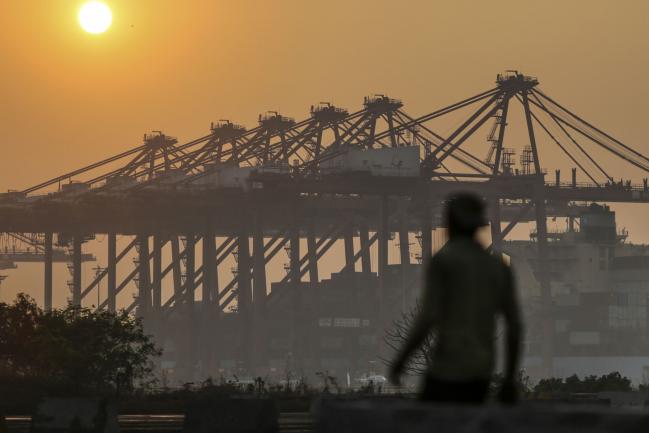(Bloomberg) -- Terms of Trade is a daily newsletter that untangles a world threatened by trade wars. Sign up here.
The Trump administration is changing a key exemption to America’s trade-remedy laws to make it easier to penalize about two dozen so-called developing countries including China, India and South Africa.
The U.S. on Monday narrowed its internal list of developing and least-developed countries in order to reduce the threshold for triggering a U.S. investigation into whether nations are harming U.S. industries with unfairly subsidized exports, according to a U.S. Trade Representative notice.
In doing so, the U.S. eliminated its special preferences for a list of self-declared developing countries that includes: Albania; Argentina; Armenia; Brazil; Bulgaria; China; Colombia; Costa Rica; Georgia; Hong Kong; India; Indonesia; Kazakhstan; the Kyrgyz Republic; Malaysia; Moldova; Montenegro; North Macedonia; Romania; Singapore; South Africa; South Korea; Thailand; Ukraine; and Vietnam.
USTR said the decision to revise its developing country methodology for countervailing duty investigations was necessary because America’s previous guidance -- which dates back to 1998 -- “is now obsolete.”
The development marks a noteworthy departure from two decades of American trade policy regarding developing nations that could result in more stringent penalties for some of the world’s top exporters.
The move also reflects President Donald Trump’s frustration that large economies like China and India are permitted to receive preferential trade benefits as developing nations at the World Trade Organization.
During his visit to Davos, Switzerland, last month Trump said the WTO hasn’t treated America fairly. “China is viewed as a developing nation. India is viewed as a developing nation. We’re not viewed as a developing nation. As far as I’m concerned, we’re a developing nation, too.”
Here’s What It Means to Be a WTO Developing Country: QuickTake
The goal of the WTO’s special preferences for developing nations is to help poorer countries reduce poverty, generate employment and integrate themselves into the global trading system.
Under WTO rules, governments are required to terminate their countervailing duty investigations if the amount of foreign subsidy is de minimis, which is normally defined as less than 1% ad valorem.
But WTO rules provide a different standard for so-called developing nations that requires investigators to terminate duty investigation if the amount of subsidy is less than 2% ad valorem.
The Trump administration has sought to end these special preferences for nations that fall under certain categories, like those who are members of global economic clubs like the Group of 20, the OECD or who are classified as high-income nations by the World Bank.
Last July, Trump issued an executive memo that asked U.S. Trade Representative Robert Lighthizer to determine whether there’s been “substantial progress” toward limiting the number of countries considered developing nations. The U.S. may act unilaterally if not, Trump said.
Several of the de-listed countries in the USTR notice have already agreed to relinquish their developing-country rights in future trade negotiations, including Brazil, Singapore and South Korea.
